After separation, it is common for children to spend time at each parent’s separate residences. Some ex-couples choose to live relatively close to each other, however, there are instances where a a parent may wish to move a significant distance from the other parent, or, in other instances, move to another city, state or country for work opportunities. When a parent moves with their child to another city, town, state or country, this is referred to as “relocation”. The decision to relocate with children can have a huge impact on the child’s current routine as well as their relationship with their other parent and important relatives. We share what you need to know about child relocation and the law in Australia.
Consent to Relocate
The Family Law Act does require the relocating parent to speak to the other parent and obtain their consent to the relocation. If the other parent is agreeable to the move, it is best to make arrangements as to when the child can see that parent once relocated. For example, the agreement could be for the child to spend school holidays with the other parent.
However, if the parent does not agree to the child relocation, then it cannot occur and a court order must be obtained to allow the move. If the move occurs without the consent of the other parent, the court may require the parent to return with the child until a decision has been made by a court at a hearing.
If the parents cannot agree, the relocating parent can ask the court for a parenting order with a provision for the child to relocate. The other parent can also ask for an order to the stop the relocation. However, the court may not grant the relocation, especially if it is not in the best interests of the child.
The Court’s Considerations for Relocation
Like all children’s matters, the court will always consider what is in the best interests of the child. Under section 60CC of the Family Law Act, some considerations include:
- the benefit to the child of having a meaningful relationship with both parents;
- the need to protect the child from physiological and psychological harm;
- the child’s views;
- the child’s relationship with the parents and other important family members.
The court may also look at the distance and the permanency of the relocation, the impact the relocation might have on other aspects of the child’s life, such as school, hobbies and friends, and ways the child can maintain a relationship with the other parent.
Relocating Without Consent
Under the Family Law Act 1975, when a couple with children separates, they automatically share parental responsibility. This responsibility includes the ability to make decisions regarding the child’s long-term welfare, including living arrangements.
If a parent decides to relocate with their child without obtaining proper consent or a court order to approve the relocation, the other parent may seek a recovery order. Under section 67Q, a recovery order requires a child to be returned to either the parent of the child, the person who has a parenting order, or the person who has parental responsibility of the child. This person is usually the other parent. When a recovery order is granted by the court, they will then make an order authorising or directing another person to find, recover and deliver a child. In most cases, this will be the Australian Federal Police.
Should a parent choose to relocate their child to another country without consent, this may be considered child abduction and the Hague Convention may apply. Many countries, including Australia, are a party to the Hague Convention. The purpose of the Hague Convention is to promptly return a child who has been relocated without permission to their country of origin, although the application of the convention is not streamlined in each country. However, if child relocation occurs out of Australia to a country who is also a party to the Hague Convention, the parent will be able to make an application to obtain access to their child.
For more information about child abduction, international relocation or relocation without consent, please reach out to our family lawyers.
Contact Us For More Information About Child Relocation
Child relocation in Australia can be a complex situation, especially if the child is relocated overseas. If you are after legal advice or representation with your parenting matter, please get in touch with Emerson Family Lawyers, and we will talk you through your options.



